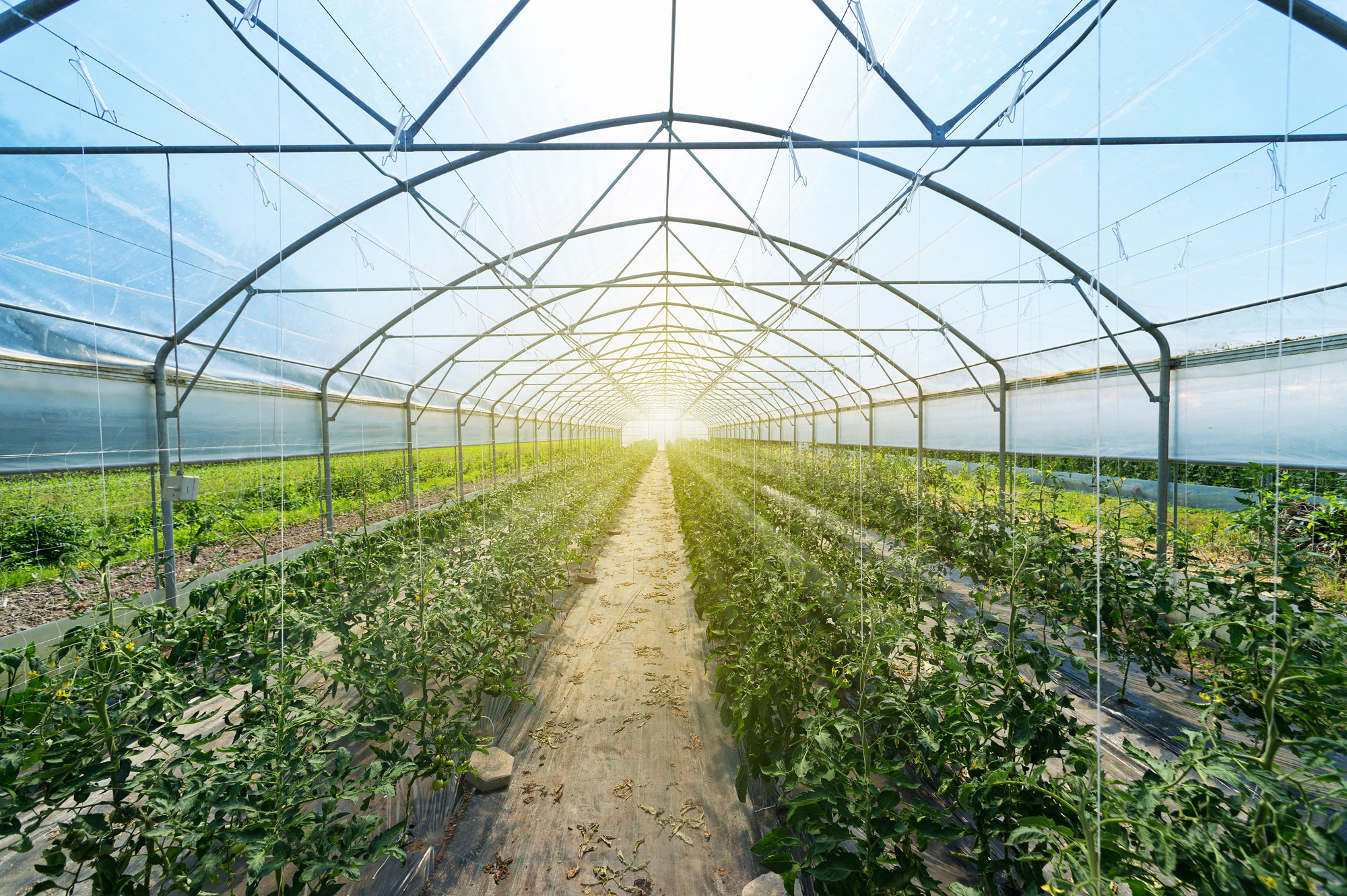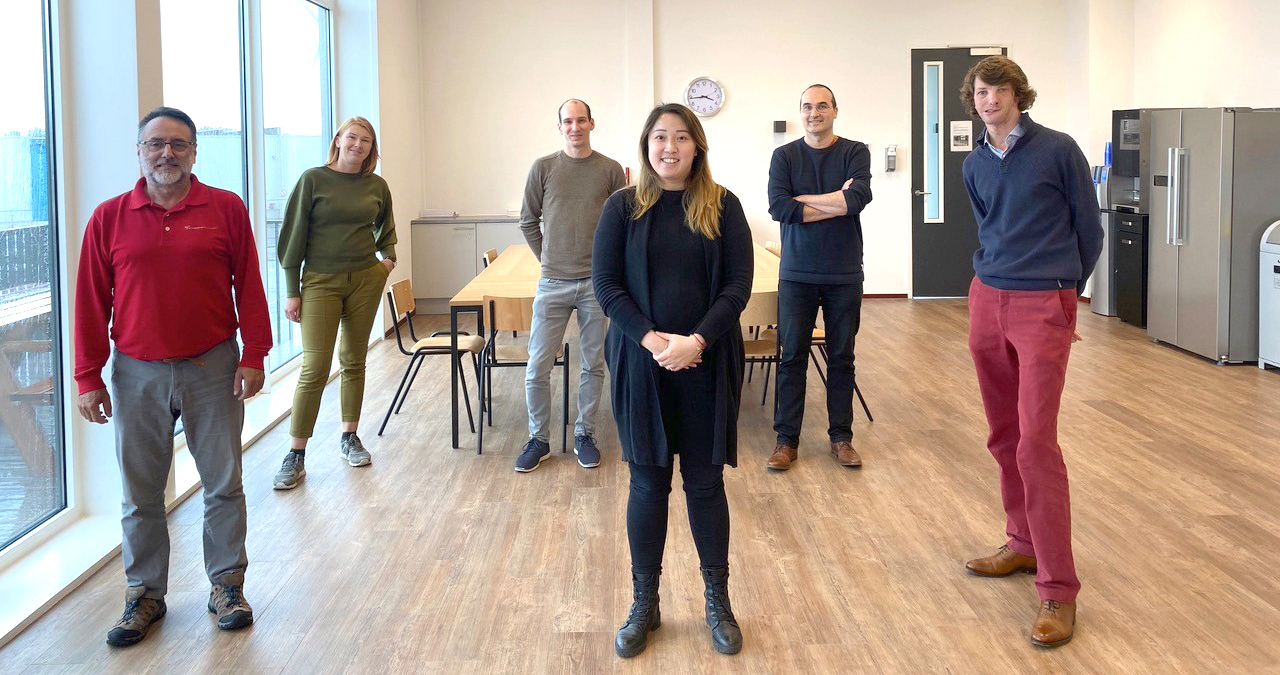Alco Energy Rotterdam continuously invests to improve its energy efficiency. Our goal is to produce as much product as possible with as little energy as possible.
The most important raw material we use, corn, is processed in an optimal way.
In addition to our highly energy-efficient production process, our alcohol has much higher greenhouse gas emission savings thanks to the capture of CO2 and its re-use to replace fossil CO2.
Thanks to its efficiency and innovation Alco Energy Rotterdam is one of Europe’s top greenhouse gas reducing bioethanol plants. While the average CO2 saving by bioethanol producing units in the EU is 73% compared to gasoline emissions, the CO2 saving of Alco Energy Rotterdam is over 90%.
Alco Energy Rotterdam is ISCC certified.
Cogeneration
Thanks to our co-generation unit, we produce electricity and steam with high energy efficiency; 30% better than the production of electricity and steam separately. The amount of steam corresponds exactly to the needs of our power plant, while 50% of the excess electricity production is supplied to the grid. The latter corresponds to the electricity consumption of 75,000 households.
CO₂ capture
Alco Energy Rotterdam is one of the few European ethanol plants that captures and re-uses CO2. This process of capture and re-use is also known as Carbon Capture and Utilisation (CCU).
We produce this CO2 during the fermentation process and call it biogenic or green CO2.
On the AER site there is an installation owned and managed by the companies Linde and OCAP purifying and compressing this CO2. This installation has been operational on a continuous basis since the summer of 2016 and processes no less than 400,000 tons of green CO2 annually.
The CO2 goes by pipeline to the Westland where it is used in the horticultural sector. In the greenhouses the fossil CO2 extracted from natural gas replaced by our green CO2. This CO2 is absorbed by the tomatoes and peppers stimulating the growth process. And in this way the circle is complete. A good example of circular economy.
Using our CO2 in an environmentally friendly way also reduces the CO2 footprint of our bioethanol. Thanks to this capture and re-use of CO2, Alco Energy Rotterdam is one of the few European bio-ethanol producers with greenhouse gas emissions far below the EU average.

Green Team
Monitoring sustainability basics and working towards the lowest possible carbon footprint are central to Alco’s medium- and long-term vision. In order to coordinate all efforts around the core value of increasing Alco’s sustainability and to do this beyond the boundaries of the individual companies in the group, a multidisciplinary sustainability task force was set up: The Green Team.
The team has a number of well-defined tasks. These include designing uniform sustainability procedures for the entire Group, monitoring internal compliance with these procedures, communicating and training on sustainability themes and related issues, and supporting the various technical teams within the Group in the area of greenhouse gas calculations in response to changes in the production process. The calculations follow strictly the EU procedures defined in the Renewable Energy Directive.
The work of the Green Team also includes external related tasks such as carrying out the annual ISCC audits and keeping abreast of regulatory developments at EU and national level.
Finally, the team’s task is to look to the future and search for alternatives that contribute to achieving Alco’s objective of climate neutrality by 2030.

Alco’s Climate Plan
Alco’s ambition is to be the 1st European bio-ethanol producer that will be operating in a fully climate-neutral way.
To get there we designed a Climate Plan.
What does the Plan contain?
Action 1: Biogenic CO2 capture
At our bio-refineries in Ghent and Rotterdam we capture and reuse the biogenic CO2, released during the fermentation process, which replaces fossil-based CO2 traditionally used in greenhouses, refrigerated transport, and sparkling beverages. The biogenic CO2 was initially absorbed from the air by the crops we use as raw material, during their growth via photosynthesis: a short cycle of one year, unlike fossil sources. Thanks to our ongoing technical and commercial efforts, we are continually increasing the volume of CO2 captured
Action 2: Energy efficiency
We invest annually in significant energy-saving programs, aiming to reduce our natural gas consumption by 30% compared to 2021 levels. Before 2030, our bio-refineries should capture more biogenic CO2 than CO2 generated using fossil gas.
Action 3: Renewable energy sources
We are actively working on multiple projects to replace natural gas with renewable energy sources, such as green steam generated from biomass waste, wind, and solar electricity.
Other initiatives:
- Studying renewable and low carbon e-fuels production projects (combining biogenic CO2 and hydrogen)
- Exploring the possibility to capture our remaining fossil CO2 and store it for example in North Sea empty gas fields (enhancing further the reduction in our carbon footprint)
- At Alco’s headquarters in Brussels, we started in 2021 independent audits for CO2 emissions generated by our corporate activities. Our office is undergoing a major transformation process to join the top 15% most efficient office buildings in Brussels.
- Alco also sponsors the Belgian Société Royale Forestière in a long-term research and reforestation program.
